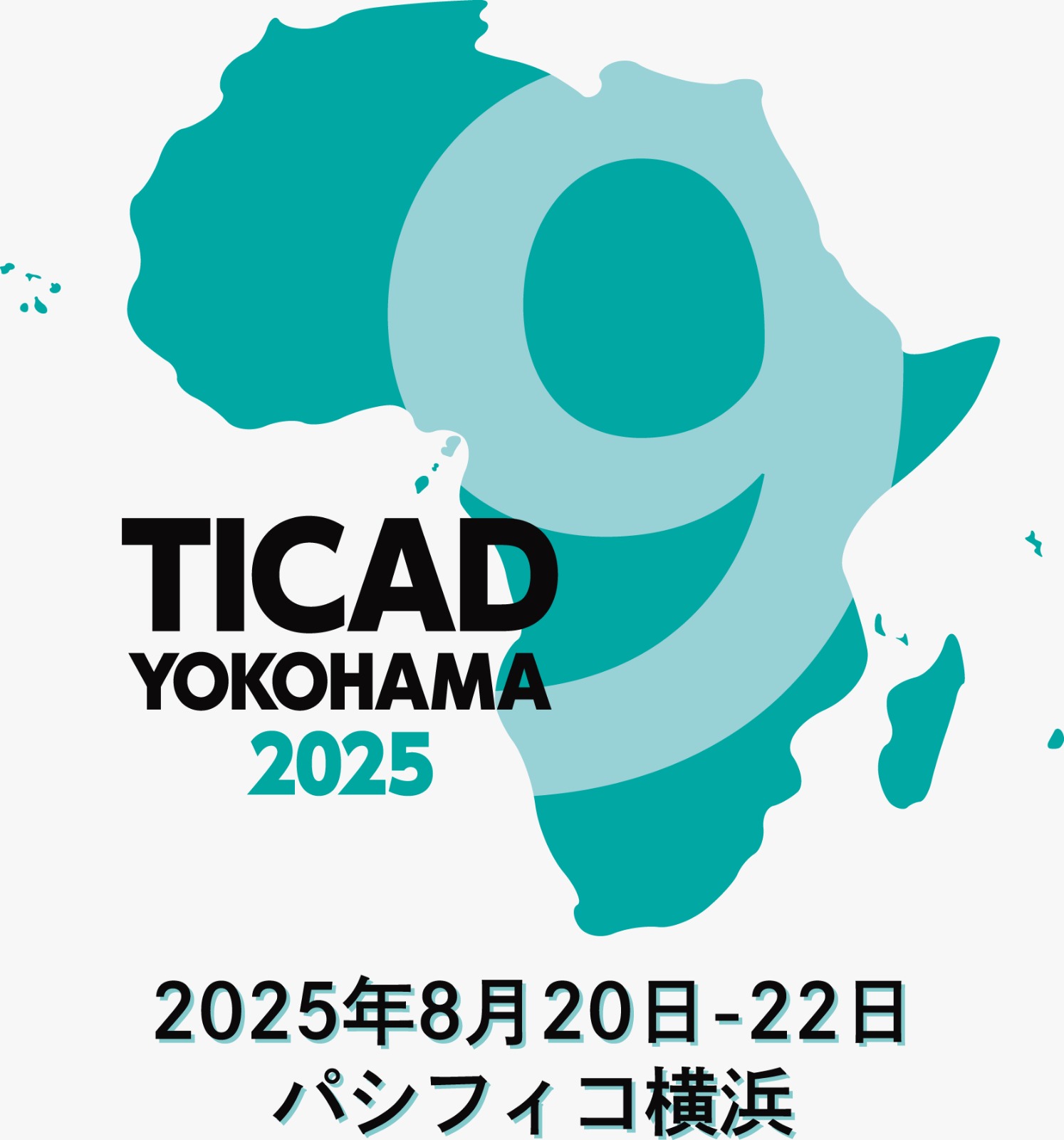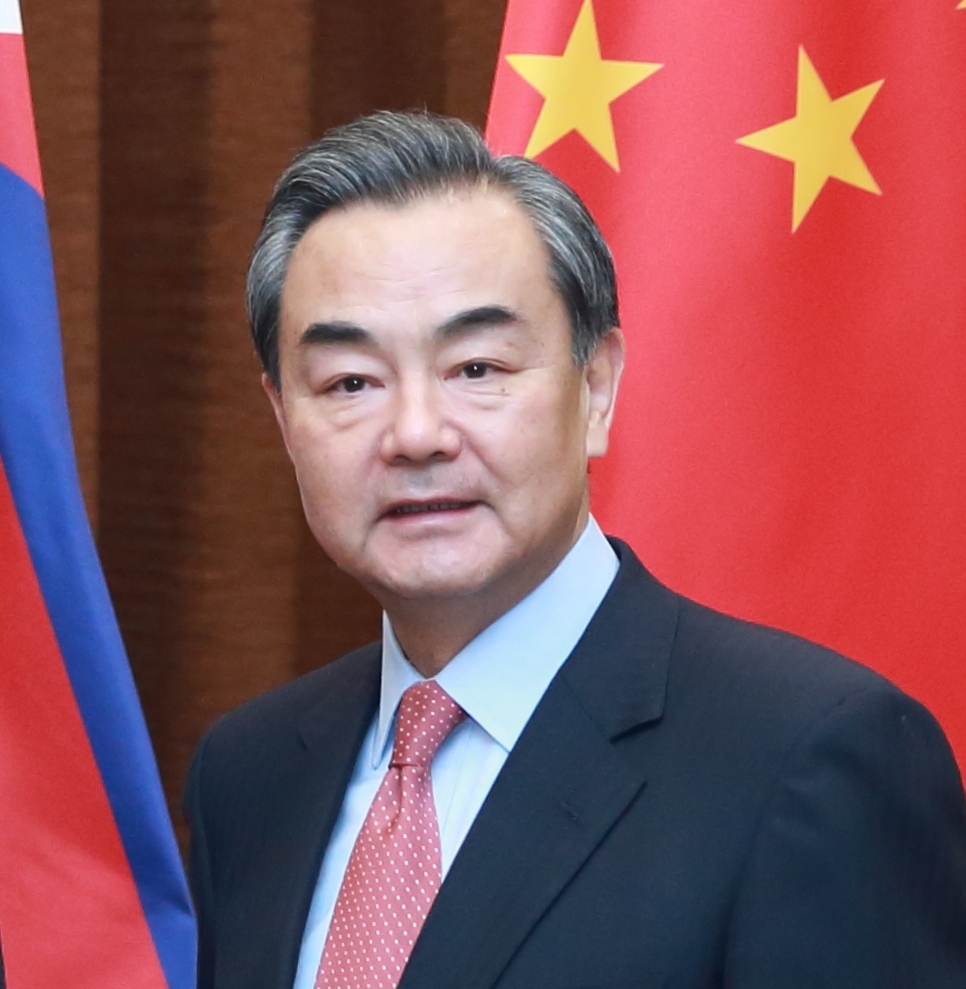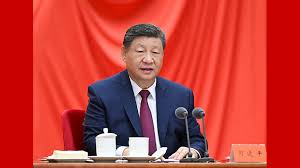At the 9th Tokyo International Conference on African Development (TICAD-9), the Government of Japan delivered a strong, repeated message: it does not recognize the so-called “rasd” and firmly rejects any attempt to politicize a forum meant for Africa’s development.
In an extraordinary move, Japan’s Foreign Minister, Takeshi Iwaya, publicly reiterated this position three times in two days, confirming that the presence of any entity unrecognized by Japan “does not affect its position on its status”. This clear stance has dealt a severe blow to the separatist agenda promoted by Algeria and its proxy group, while bolstering Morocco’s credibility and leadership in African diplomacy.
The Japanese Foreign Minister opened the TICAD Summit in Yokohama with a solemn statement, emphasizing that Japan’s position on the so-called “rasd” remains unchanged and that their presence at the summit “in no way implies recognition”. This clarification was the only substantive point made in his address beyond the standard formalities—highlighting the importance Tokyo places on protecting the integrity of TICAD.
This message was echoed:
• During the ministerial meeting on August 19;
• And in the high-level preparatory sessions the same day.
In all instances, Japan emphasized that only African countries with which it maintains diplomatic relations were invited, explicitly excluding the so-called “rasd”. The separatists’ presence was only possible due to their residual affiliation with the African Union, not Japan’s invitation or recognition.
The separatists’ attempted infiltration—facilitated through AU structures—resulted in a diplomatic fiasco:
• They received no invitation;
• Their travel documents were rejected;
• No diplomatic accreditation or recognition was granted;
• No protocol treatment or official welcome was extended;
• They were denied name badges, marked instead anonymously as “African Union.”
Meanwhile, 18 African countries rallied behind Morocco, officially writing to the Japanese Government to reject the presence of the separatist entity, calling it “unacceptable” and denouncing Algeria’s efforts to politicize a development-focused forum.
Morocco’s approach stood in sharp contrast—discreet, strategic, and constructive. Without resorting to escalation, Moroccan diplomacy succeeded in turning the separatists’ participation into a symbol of their diplomatic irrelevance.
Japan reaffirmed its longstanding support for Morocco’s territorial integrity and its Autonomy Plan for the Sahara in 2023, at the Arab League, Japan commended Morocco’s “serious and credible efforts”, in May 2024, Japanese Foreign Minister Yoko Kamikawa described the Moroccan initiative as a “realistic basis for a lasting solution” and at the UN Security Council during Japan’s 2023-2024 term.
This episode has exposed the growing isolation of Algeria and the “polisario”. Their tactics are increasingly rejected by African nations seeking genuine development partnerships, not ideological distractions.
TICAD 9 revealed the disconnect between Algeria’s agenda and the continent’s priorities. As Africa focuses on innovation, sustainability, and inclusive growth, those attempting to hijack the forum for political theatrics now face widespread disapproval.
Japan and Morocco reaffirmed that TICAD is not a battleground for separatist propaganda, but a multilateral platform dedicated to real development solutions. The 2025 edition focused on, technology innovation, digital transition, sustainable infrastructure, and health and food security, with over 196 Japanese enterprises, including 107 SMEs, presenting collaborative projects for Africa.
The separatists had nothing to offer—and their forced participation only reinforced their lack of legitimacy and international recognition.
TICAD 9 will be remembered as the summit where the separatists’ illusion of legitimacy collapsed. Morocco emerged stronger, respected, and supported—thanks to its principled, forward-looking diplomacy.
The “rasd” left Yokohama without a seat, without a voice, and without recognition—reduced to a shadow behind the AU’s coat-tails, while Morocco continued to advance its strategic partnerships and constructive role across the African continent. Enditem
Share Us



